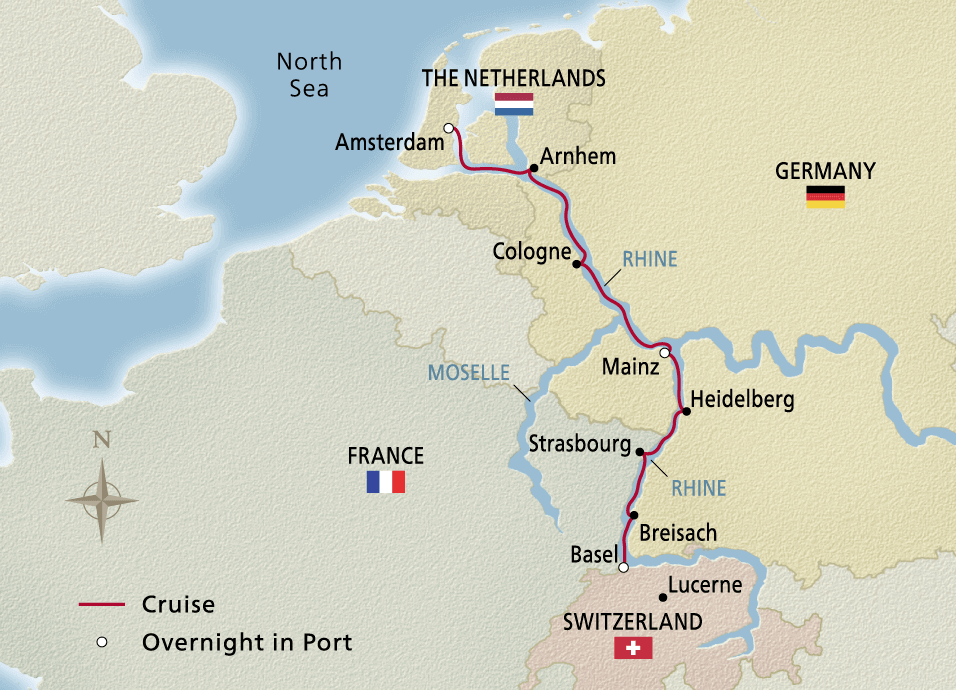Find the River Cruise you’re looking for...
10 Day Viking River Cruise from Basel to Amsterdam 2024
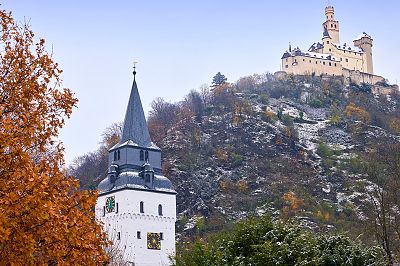
River Cruise Description
Discover the enchanting landscapes and rich cultures of the Middle Rhine, a UNESCO Site boasting turreted fortresses, grand cathedrals, medieval towns and stunning scenery. Admire terraced vineyards dating back to the Romans and taste the region’s renowned red and white wines. Savor the culinary traditions of Alsace and explore Amsterdam, Basel and Cologne. The winter season is an ideal time to visit, with fewer travelers and easier access to landmarks.Thanks for your interest!
We'll be in touch soon.Error
I'm sorry, but an error has occurred. Try Again| Departure Date | Ship | Priced From (per person) | |
|---|---|---|---|
| Dec 20, 2024 | Viking Mani | Waitlist | Call Us! |
| Dec 21, 2024 | Viking Alruna | Waitlist | Call Us! |
| Dec 26, 2024 | Viking Gersemi | Waitlist | Call Us! |
River Cruise Itinerary
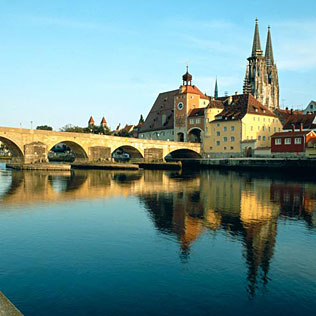
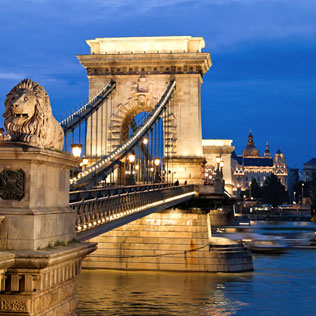
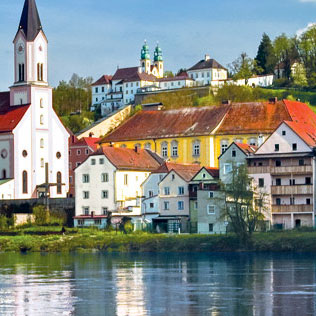
Day 1 Basel, Switzerland
Embark your ship and settle into your stateroom. Located where Switzerland, Germany and France meet, Basel reflects a fascinating blend of traditions. The city straddles the Rhine at the river’s farthest navigable point, and an alluring cluster of old-town buildings huddles along the riverbank. Around Market Square, guild houses recall Gothic, Renaissance and baroque splendor; the red-sandstone Rathaus, or Town Hall, is the centerpiece. More than 40 museums of art and culture lend modern polish to its history-rich streets. And there is no more refined way to sample it all than over cheese fondue or croissants.Day 2 Basel, Switzerland
A delightful blend of old and new, Basel is Switzerland’s best-kept secret. Amid the medieval Old Town, cobblestone streets are lined with pastel-colored buildings that date back to the 15th century. In the heart of the city lies the Jean Tinguely–designed Carnival Fountain. Its mechanical sculptures are in constant motion, seemingly conversing with each other like the mime artists and performers who graced the stage of the old city theater that once stood in the same spot.Day 3 Breisach, Germany
Breisach is a gateway to the fabled Black Forest region, built on a basalt rock outcropping in the Rhine plain. It is located in one of the warmest parts of Germany, across the river from French Alsace, famous for its wine growing. But Breisach, too, can boast about its wine: it is home to Europe’s largest cellars, with a storage capacity of more than 160 million liters. The most prominent landmark of Breisach is the Romanesque-Gothic St. Stephen’s Cathedral, built between the 12th and 13th centuries. Its two towers are visible from throughout the city and from the Rhine.Day 4 Strasbourg, France
The largest port on the Upper Rhine, Strasbourg is the cultural center of France’s Alsace region. Thanks to its location at the border of France and Germany, it boasts a convivial mix of cultural influences. The well-preserved Old Town is enclosed on all sides by the little Ill River, with sites so compact that it is easy to explore the “island” on foot. And there is plenty to explore: cobblestone streets lined with wooden houses and intersected by picturesque canals. Indulging in Alsatian café culture is central to any visit here; enjoy coffee and cake amid lovely half-timbered houses.Day 5 Heidelberg & Mainz, Germany
Germany’s oldest university town, Heidelberg is situated in the Neckar Valley just east of the Rhine. Known as the cradle of the German Romantic movement, it also boasts beautiful baroque architecture. Heidelberg is most famous as the site of the imposing Heidelberg Castle. A magnificent red sandstone ruin perched 330 feet above the river, it was home to the Palatinate princes until it was partially destroyed by fire in the 17th century. It has been said that Heidelberg’s cityscape is so beautiful and so admired that American forces deliberately chose to avoid bombing it during World War II.Day 6 Mainz, Germany & Scenic Sailing: Middle Rhine
Located in the heart of the Rhine wine region at the mouth of the Main River, Mainz grew into a major trade center during the Middle Ages. One of the Upper Rhine’s most dramatic cathedrals, Mainz Cathedral boasts six towers reaching to the heavens. Within are Marc Chagall’s world-famous stained glass windows. Mainz’s most famous native son is Johannes Gutenberg, inventor of movable type and book printing. Gutenberg’s fame arose as the first commercial publisher of the Bible, printing around 200 copies in a relatively short time. Around 20 of his complete Bibles still exist.Day 7 Cologne, Germany
Cologne reveals its Roman heritage in its city layout and the ancient ruins that lie scattered through the town. Cologne’s modern plazas and Hohe Strasse host welcoming shops, enticing restaurants and cologne boutiques. Of note is the city’s 14th-century cathedral, a stunning example of Gothic artistry and a UNESCO World Heritage Site. Having survived Allied bombs during World War II, the cathedral’s imposing twin spires are visible for miles and its stained glass windows fill the interior with brilliant colored light. Its steps lead to a platform with astounding views.Day 8 Arnhem, The Netherlands
A picturesque town nearly destroyed during World War II, Arnhem is graced with an array of beautiful parks and gardens. Its location earned it the nickname “Green City on the Rhine.” Unusual among Dutch cities, one of its districts is built on hilly terrain, a rare landscape to find in The Netherlands. In 1443, Arnhem joined the Hanseatic League, the powerful merchant conglomerate that dominated the medieval trade world in Northern Europe. Later, in the 19th century, it evolved into a more leisurely town, renowned for its scenic landscapes. Today, Arnhem’s Hoge Veluwe National Park is praised for its natural beauty and diverse flora and fauna, as well as the Kröller-Müller Museum, which boasts the world’s second-largest collection of works by Vincent van Gogh.Day 9 Amsterdam, The Netherlands
A city of charming canals, elegant gabled houses, splendid museums and many bicycles, the Dutch capital of Amsterdam is a delight to explore. Its patchwork of waterways forms about 90 islands connected by 1,500 bridges. The legacy of the Dutch Golden Age lives on in gilded manses and in the paintings of Rembrandt and other Dutch Masters that adorn the Rijksmuseum, The Netherlands’ grand repository of art and cultural history. Discovering Amsterdam is a pleasure best pursued on foot; visitors line the canals and linger over Dutch pancakes, or take a stroopwafel to go.Day 10 Amsterdam, The Netherlands
In Amsterdam, the bicycle is as much a cultural treasure as any museum. The city’s flat terrain makes it ideal for getting around on two wheels. Bikes first pedaled onto the city’s streets during the late 19th century; in the 1960s, the first bike-share program was invented here, founded by members of the anti-establishment Provo movement—short for “provocateur”—whose aim was to reduce air pollution created by cars. The program did not last, but the bicycle did, and cycle lanes were soon added to the street. Today, the city is home to hundreds of thousands of bikes. After breakfast, disembark your ship and journey home.Having trouble deciding which cruise is right for you?

